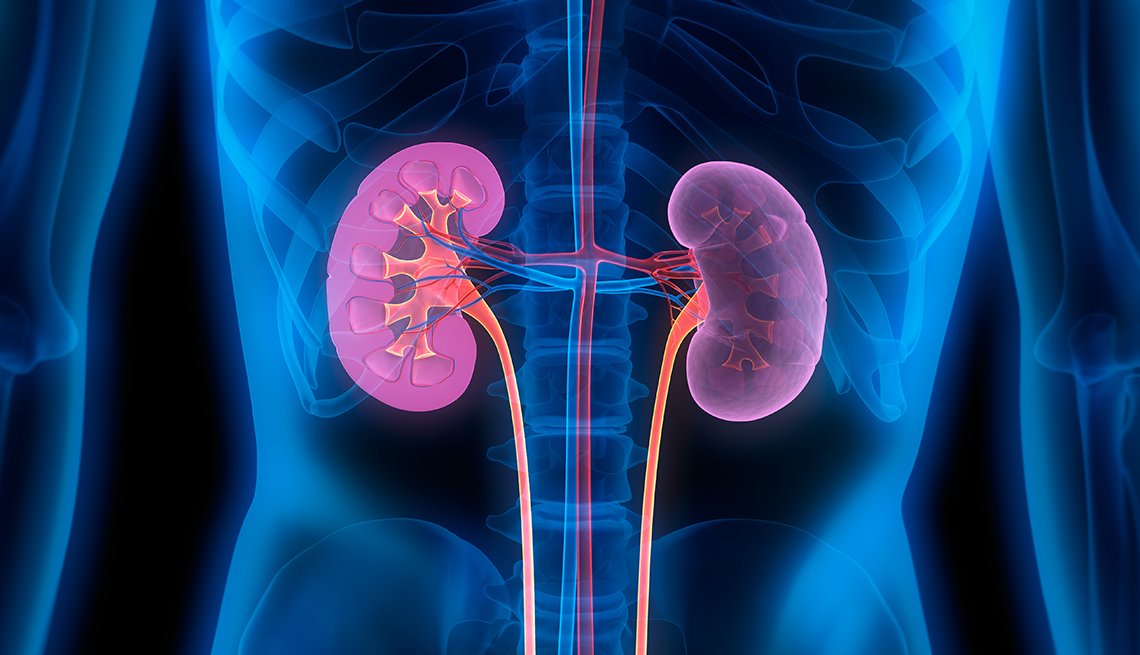Kidney disease is a serious condition that can have life-threatening consequences if left untreated. Fortunately, there is a way to treat it: dialysis. Dialysis is a medical treatment used to remove excess fluid, waste, and toxins from the body. It is often used when the kidneys can no longer do their job. The most important step you can take to treat kidney disease is to control your blood pressure.
Dialysis is typically recommended for people with kidney failure as it can help maintain their kidney function and keep them healthy. During dialysis, a machine filters the blood of toxins and waste that the kidneys would normally filter out. The patient is connected to the machine through two needles placed in the arms or legs. Blood is then pumped from the body into the machine, which filters out the toxins, and then returns the clean blood back to the body.

Image Source: Google
It can help improve the overall quality of life for people with kidney disease. It can help to reduce symptoms such as fatigue, weakness, and difficulty breathing. Dialysis also helps to maintain enough fluids in the body and to keep electrolyte levels balanced. It can also help to reduce the risk of complications such as heart attack, stroke, and infection.
However, dialysis is not a cure for kidney disease. It is not a replacement for kidney function and people must continue to follow a healthy diet and lifestyle. People with kidney disease should also follow their doctor’s instructions and take their medications as prescribed.
In conclusion, dialysis is an important treatment for people with kidney disease. It can help to reduce symptoms and maintain overall health. However, it is not a cure and people must continue to follow a healthy diet and lifestyle and take their medications as prescribed.